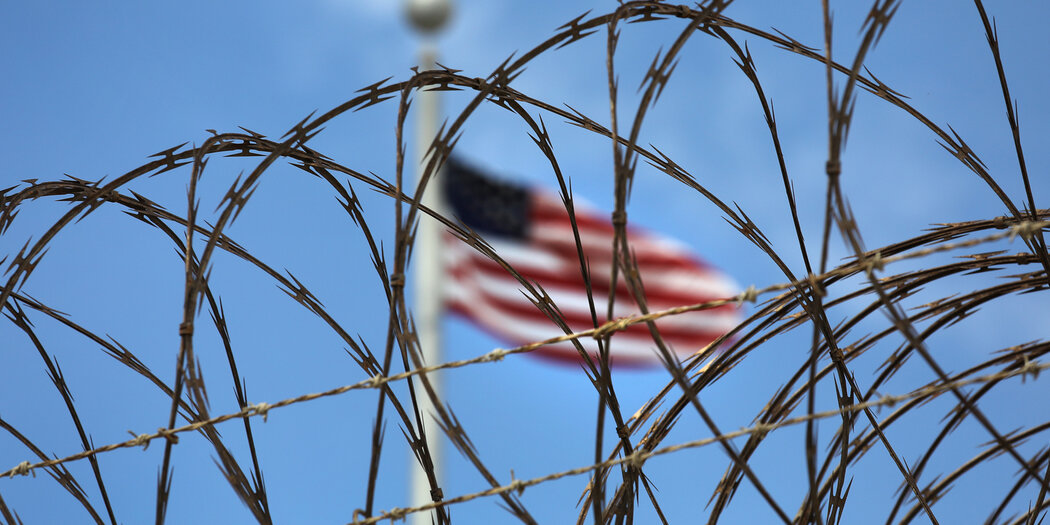In recent weeks, the financial market has witnessed an unexpected trend: the stock prices of private prison companies have surged, outpacing even Tesla. This rise is not isolated, as certain stun gun manufacturers have also experienced similar gains. The connection between these companies and the political landscape is becoming increasingly evident, especially with the plans of the incoming administration.
Private detention facilities are poised to play a significant role in the mass deportation agenda of the incoming government. If the proposed plans of Donald Trump and his administration proceed, they will necessitate ample space to detain individuals during processing. This demand is expected to benefit private prison companies, which will be tasked with constructing new detention centers.
The immigration debate remains contentious in the United States, a nation built on immigrant contributions but governed by laws. There is a broad consensus across political lines that the immigration system requires urgent reform, with enhanced border security and a more efficient asylum system. However, the feasibility of mass deportations remains uncertain, as logistical challenges and legal ramifications loom large. Such actions could disrupt families, infringe upon due process, and impact the economy. Trump’s campaign promises of drastic measures have sparked serious concerns.
Adding fuel to the fire, conservative activist Tom Fitton recently announced on Truth Social that Trump intends to declare a national emergency and leverage military resources for a large-scale deportation initiative. Trump affirmed this claim with a curt “TRUE!!!” response.
Experts from the Brennan Center have long examined how presidents can utilize less common laws to exercise extensive authority. Even emergency powers, though loosely regulated, must adhere to legal constraints. The Posse Comitatus Act prohibits using federal military forces in civilian law enforcement, a principle of liberal democracy. Other lesser-known laws provide exceptions, which have been highlighted by Brennan Center experts.
One such law is the Insurrection Act, which permits the president to deploy military forces domestically to assist civilian authorities during civil unrest. Although the law is occasionally necessary, its broad scope and potential for misuse are concerning. The judiciary’s historical deference to executive decisions exacerbates these concerns, posing a risk of unchecked authority.
Trump has also suggested invoking the Alien and Sedition Acts of 1798, last used to intern Japanese and other nationals during World War II. This would likely be illegal, given that the law is applicable only during wartime with a sovereign entity. Judicial reluctance to challenge executive decisions could complicate matters.
The National Emergencies Act of 1976 grants presidents significant power with minimal guidance on what constitutes an emergency. Liza Goitein of the Brennan Center has testified on the potential for its misuse, a sentiment echoed by conservative Senator Mike Lee of Utah. Lee argues that such executive power undermines the constitutional balance envisioned by the Founders.
Under Trump’s previous administration, the National Emergencies Act was used to divert funds for a border wall. Stephen Miller indicated that this time, the focus would be on creating large facilities for processing and deporting immigrants.
These statutes provide presidents with substantial power, necessitating reform or repeal. The Brennan Center, alongside bipartisan allies, continues to advocate for change while preparing for legal challenges against potential abuses. The judiciary will soon face critical decisions on maintaining long-standing individual protections and upholding the rule of law amidst political pressures.
The legal and political battles over these issues are imminent, and the Brennan Center remains committed to defending constitutional principles with its expertise in these complex legal matters.






